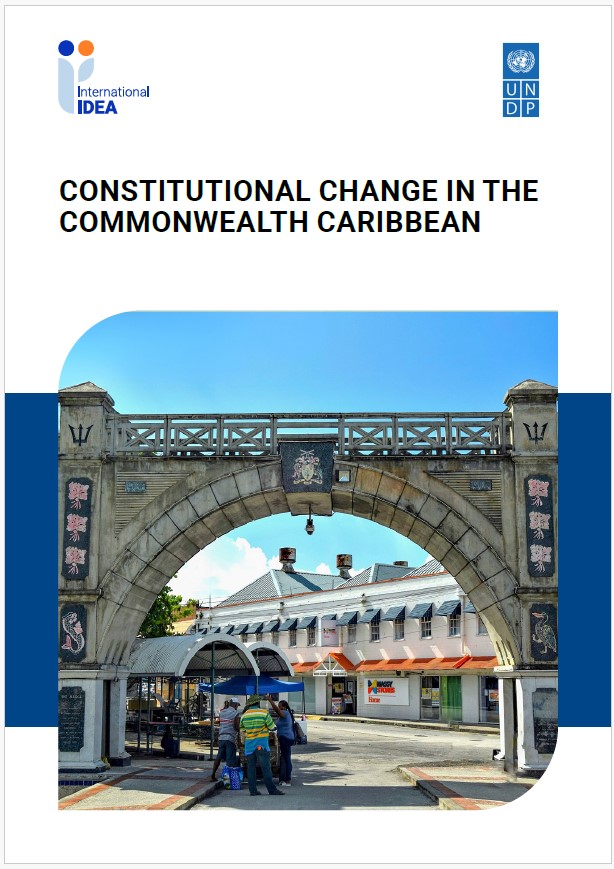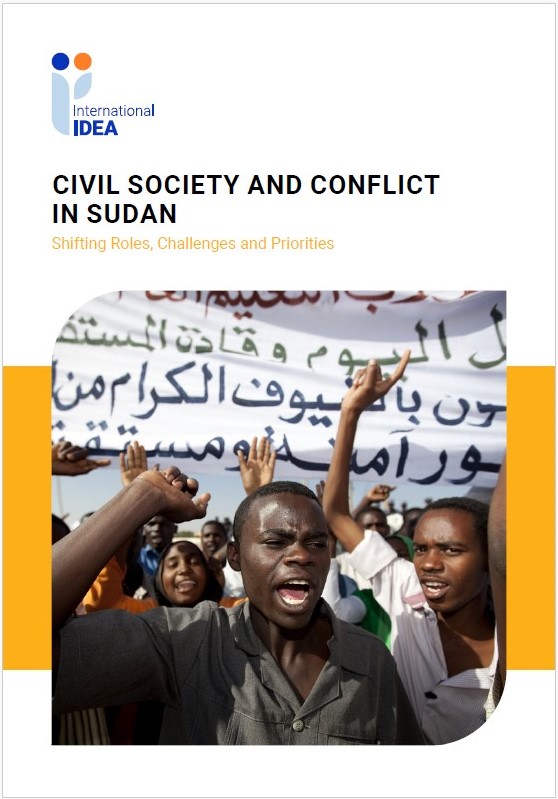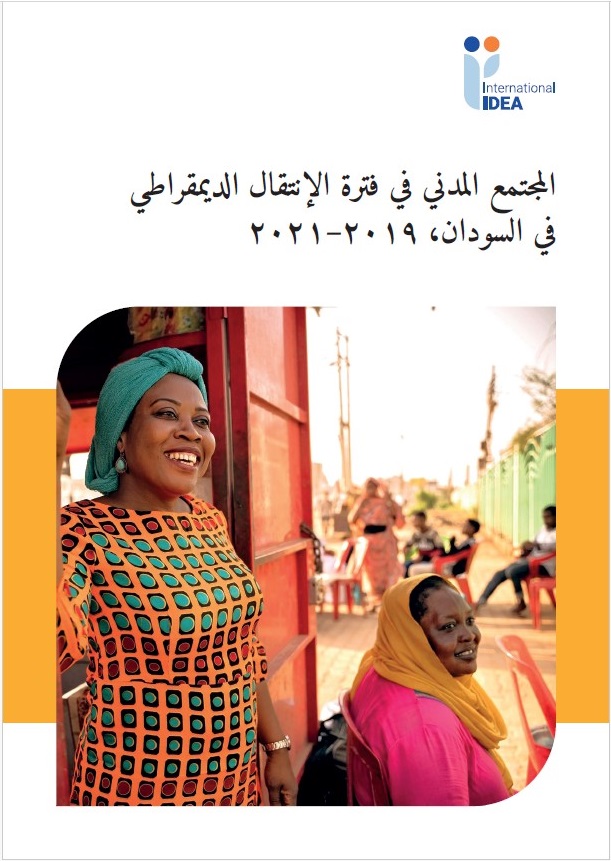En nous basant sur le temps de la dictature des Duvalier et les 25 ans qui suivent la chute de cette dictature, il apparait que les investigations qui s’imposent devraient être ordonnées autour de l’interrogation centrale suivante : dans quelle mesure les partis politiques installés en Haïti depuis 1986 sont-ils des obstacles ou des facilitateurs à la démocratie ?
Search
Region
Country
Type
The “Domingo García Rada” Chair in Democracy will kick off its activities with a conference on 18 August, led by Dr Daniel Zovatto, regional director for Latin America and the Caribbean (International IDEA). The focus will be on ‘The State of Democracy in Latin America’.
La Cátedra Democracia “Domingo García Rada" surge en respuesta a la necesidad de fortalecer las labores de educación y formación académica, así como la de altos estudios en material electoral que realiza el Jurado Nacional de Elecciones.
As Peru prepares for the coming regional and municipal elections, national and international experts will gather in Lima on 19 and 20 August for an international seminar on “Financing of Politics in Peru.” The aim is to analyze the role of money in politics, the role of political organizations in the country’s institutions and the financing of the current electoral campaign.
En momentos en que el país está próximo a los comicios regionales y municipales se reunirán en Lima, este 18 y 19 de agosto, expertos nacionales e internacionales en el seminario internacional “Financiamiento de la Política en el Perú”, para analizar el rol del dinero en la política y evaluar el papel de las organizaciones políticas en la vida institucional del país y el financiamiento obtenido en la actual campaña electoral.
Socio-economic rights provide protection for the dignity, freedom and well-being of individuals by guaranteeing state-supported entitlements to education, public health care, housing, a living wage, decent working conditions and other social goods.
Constitutions typically regulate the relationship between religious and state authorities. They may establish a connection between the state and a particular religion or religions, recognizing a religion or giving its laws or institutions a privileged place in the legal-political system. Others declare the secularity of the state or its neutrality from religions.
A constitutional monarch in a parliamentary democracy is a hereditary symbolic head of state (who may be an emperor, king or queen, prince or duke) who mainly performs a representative and civic role but does not exercise executive or policymaking power.
A non-executive president is a symbolic leader of a state who performs a representative and civic role but does not exercise executive or policymaking power. A non-executive president may, nevertheless, possess and exercise some discretionary powers of extraordinary political intervention as a constitutional arbiter or guarantor.
2014 features an intense electoral agenda. In the first six months, four of the seven Latin American presidential elections expected this year took place. These have a strong Central American geographic focus (Costa Rica, El Salvador, and Panama), with the Colombian ballot as the only exception.
2014 es un año con una intensa agenda electoral. En el primer semestre han tenido lugar cuatro de las siete elecciones presidenciales latinoamericanas previstas para el presente año. Tres de estos primeros cuatro comicios (Costa Rica, El Salvador y Panamá) tienen un fuerte sesgo geográfico centroamericano; la única excepción son las elecciones colombianas.
This Primer covers the rules governing the tenure, immunity, discipline and removal of judges in constitutional democracies. In particular, it discusses various attempts to balance the need for judicial independence and neutrality to be balanced against judicial responsiveness and accountability.
This Primer covers the systems used for appointing judges in constitutional democracies. Various commonly used systems of appointment are discussed, including career judiciaries, appointment by an independent commission and appointment by the representative or cooperative interaction of legislative and executive branches.
Direct democracy describes those rules, institutions and processes that enable the public to vote directly on a proposed constitutional amendment, law, treaty or policy decision. The most important forms of direct democracy covered in this Primer are referendums and initiatives.
A bicameral parliament or legislature is one in which two assemblies share legislative power. Legislatures with two chambers can represent sub-national governments, act as a body of expert scrutiny and review, provide a further democratic check on the power of the lower house, and provide representation for various socio-economic interests or ethno-cultural minorities.
The vast majority of contemporary constitutions describe the basic principles of the state, the structures and processes of government and the fundamental rights of citizens in a higher law that cannot be unilaterally changed by an ordinary legislative act. This higher law is usually referred to as a constitution.
Juan Manuel Santos received 50.9% of the vote and defeated former President Uribe’s candidate, Oscar Ivan Zuluaga, (45%) by over 900,000 votes in Colombia’s second round of the presidential elections on 15 June.
Juan Manuel Santos (50.9%) derrotó al uribista Óscar Iván Zuluaga (45%) por más de 900.000 votos en la segunda vuelta de las elecciones presidenciales del pasado 15 de junio.
For a truly transformative post-2015 development framework, democratic processes are a must, including full participation, equitable consideration of input, self-determination and empowerment of all people.
On 1 July 2014, IDEA continued its longstanding and fruitful cooperation with the Electoral Tribunal of Mexico by signing an MoU.
Through the years, various MoUs have been signed with the aim of strengthening electoral justice in Mexico and Latin America in general, with International IDEA´s support and technical expertise.
Through this MoU, it was agreed that the two organizations will continue working and strengthening these lines of work, focusing in particular on:


